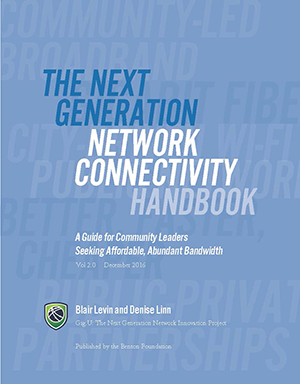FCC Commissioner Brendan Carr Announces Staff
FCC Commissioner Brendan Carr announced the appointment of four individuals that will serve in his office in acting capacities:
Nirali Patel, Acting Legal Advisor for Media, Consumer Protection, and Enforcement. Patel will advise Commissioner Carr on media, consumer protection, and enforcement matters. Patel is on detail from the FCC’s Wireline Competition Bureau, where she serves as a Deputy Chief of the Competition Policy Division. Before joining the Commission, Patel served as Counsel in the Technology, Media, and Telecommunications practice of Hogan Lovells US LLP. Prior to that, she practiced communications law at Willkie Farr & Gallagher LLP and Sidley Austin LLP. Patel graduated summa cum laude from the American University Washington College of Law and received her undergraduate degree from the University of North Carolina at Chapel Hill.
Kevin Holmes, Acting Legal Advisor for Wireless and Public Safety. Holmes will advise Commissioner Carr on wireless and public safety issues. Holmes joins the office from the FCC’s Office of Legislative Affairs, where he worked on spectrum, mobile broadband, and public safety issues. Previously, Holmes worked in the Wireless Telecommunications Bureau, both as an interim Legal Advisor in the Office of the Bureau Chief and as an Attorney Advisor in the Broadband Division. Earlier in his career, Holmes was a legislative aide to Senator Spencer Abraham. Holmes holds an LL.M. in Law and Government from the American University Washington College of Law, a J.D. from the DePaul University College of Law, and a B.A. from Kalamazoo College.
Nathan Eagan, Acting Wireline Legal Advisor. Eagan will advise Commissioner Carr on wireline issues. Eagan joins the office from the FCC’s Wireline Competition Bureau, where he most recently served as a Legal Advisor in the Telecommunications Access Policy Division. He came to the Commission through the agency’s Attorney Honors Program, and he has worked on a variety of issues, including universal service and broadband deployment. Eagan received his J.D. from The George Washington University Law School, where he was a George Washington Scholar and an Articles Editor for the Federal Communications Bar Journal. He received his undergraduate degree from Clark University, in Worcester, Massachusetts.
Natalie Martinez, Acting Confidential Assistant. For the past three years, Martinez has served as the Confidential Assistant to three successive General Counsels of the FCC. Before that, she served as the Confidential Assistant to the Chief of the Enforcement Bureau for four years. She began her career at the FCC in 2001 as an Office Automation Clerk in the International Bureau.




